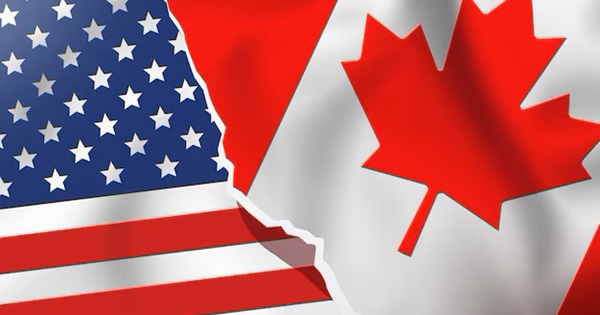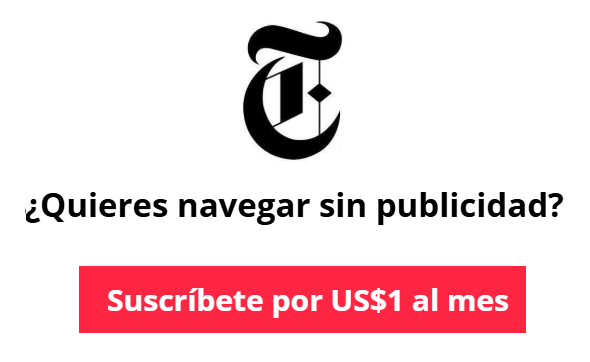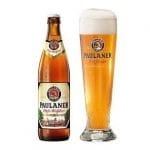This post is also available in:
Español
Português
In response to tariffs imposed by the United States, several Canadian provinces, including Ontario, Quebec, Nova Scotia, and Newfoundland and Labrador, have decided to remove U.S.-produced alcoholic beverages from their stores.

This measure will affect U.S.-produced beers, ciders, wines, and spirits, which will no longer be available in stores, bars, restaurants, and supermarkets.
Details of the Measure
The LCBO (Liquor Control Board of Ontario), Canada’s main importer of alcoholic beverages, has immediately halted the purchase of all U.S. products.
U.S.-produced beverages will no longer be available in LCBO retail stores or its convenience outlets.
Canada has a highly regulated system for the import and distribution of alcoholic beverages. In each province, the Liquor Boards are responsible for controlling taxes, sales, and distribution of these beverages.
This centralized system allows for the easy implementation of trade restrictions, such as the recent decision to remove U.S. alcoholic products from Canadian shelves.
Affected Brands
U.S. beverages represent 30% of the Canadian beer market, with annual sales estimated at $2.4 billion dollars.
Among the affected brands are Budweiser (Anheuser-Busch InBev), the sales leader with a 22% market share in the lager segment, and Samuel Adams and Angry Orchard (Boston Beer Company), leaders in craft beers and ciders, respectively.
The LCBO stated:
We are committed to helping our customers find high-quality alternatives from our extensive selection of products from Ontario, Canada, and other parts of the world
Por su parte, Doug Ford, premier de Ontario, declaró:
This decision responds to unfair trade practices. We cannot allow U.S. tariffs to harm our economy.
Impact on the Craft Beer Industry
The ban opens unprecedented opportunities for the Canadian craft beer industry.
According to the Canadian Craft Brewers Association, there are 1,200 local breweries, 40% of which in Ontario and Quebec plan to increase their production by 15% to 20% this year to compensate for the lack of U.S. products.
The LCBO also announced a support program with $50 million dollars in subsidies for small breweries, focused on improving their distribution.
Emily Carter, founder of Toronto Lakeshore Brewing, noted:
This is a historic opportunity, but also a challenge: competing with globalized brands demands innovation.
However, experts warn of potential drawbacks. Michael Green, an analyst at the Beverage Industry Journal, noted:
Craft beers are typically 30% more expensive than imported ones. Without an aggressive pricing strategy, consumers might opt for alternatives from other countries.
Reactions and Perspectives
The measure has sparked diplomatic tension. The U.S. Secretary of Commerce described the decision as “a low blow to free trade,” while the Canadian Prime Minister stated that “reciprocity is key to resolving this conflict.”
On the local front, supermarkets like Sobeys and Metro are already redesigning their displays to highlight Canadian products. “We aim to turn this into a boost for our industry,” said a representative.
We recommend
- Paulaner Hefe-Weissbier Naturtrüb – Tasting Notes and Pairing Recommendations
- 10 Arguments in Favor of Non-Alcoholic Beers, Their Production, and Consumption







